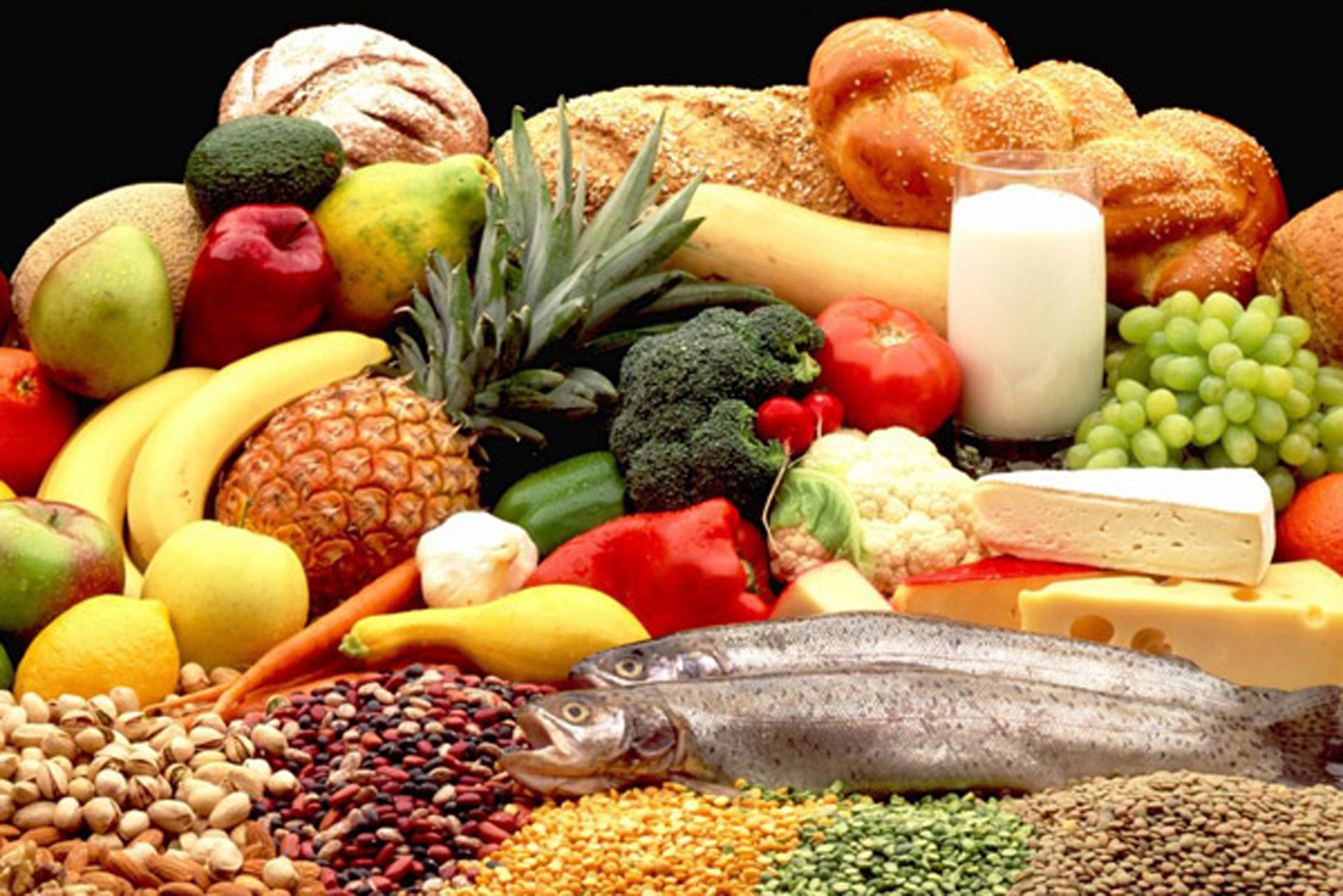
Kosher Certification
Kosher certification is one of the most important steps you can take for your growing food business. It enhances your ability to market your products and enables you to use KOSHER Logo to identify your product as kosher. It is of the highest kosher standard and is accepted by all sectors of the domestic market. It is not however suitable for export purposes.
Introductory Overview
According to the Jewish dietary laws there are three groups of restricted items:
GROUP 1 – ANIMAL PRODUCTS AND THEIR DERIVATIVES
These include:
Meat, poultry, fish, sea food and their derivatives such as gelatine;
Animal or marine fats and oils, margarines, shortenings etc. containing even traces of animal fats and oils; and derivatives of such products such as glycerin, glycerides, stearates, G.M.S., polysorbates, emulsifiers etc.; these are often numbered between 471 to 479.
Blood and its derivatives such as blood albumen;
Animal rennet.
N.B. Eggs are not a restricted item, although milk and milk products are to some extent (see Group 3 below).
GROUP 2: WINE PRODUCTS
All grape-based drinks or grape-based alcohol products such as wine, brandy and winevinegar;
Grape based colouring such as Enocyanin or Anthocyanin may pose a problem and their presence must be noted.
Other non-grape based alcohol and alcoholic beverages or their derivatives are acceptable.
GROUP 3 – MILK AND ITS DERIVATIVES
All dairy products such as milk, cream, butter, cheese, milk powder, milk fat, casein, caseinate, lactose etc. are subject to certain restrictions and their presence needs to be known. They are kosher but products containing these ingredients must be designated Dairy.
Additional Special points which need to be considered
Vegetable oils and shortenings
We have had difficulties with regard to the absolute purity of vegetable oils which, though of vegetable origin can pick up significant traces of animal oils during refining, packaging etc. With regard to products containing vegetable oil we would need to know the source of supply of such oil to enable us to ascertain its absolute “purity” with the original refiners with whom we would normally have had prior contact.
Shared machinery and production lines
We would need to have information concerning any possibility of “acceptable” items sharing the same machinery or production lines as “unacceptable” products. In such cases of shared production lines etc. we would need to know full details of cleaning processes between the manufacture of each item concerned.
Procedure for Kosher Certification
In order to facilitate accurate assessment of the above you will be asked to fill out an application form. We would need to have, a complete list of ingredients and manufacturers of those ingredients as well as whether or not those ingredients are already kosher certified. Please include a copy of the current kosher certificate with your application. We would also need the Names of Flavours and flavour houses including product numbers.
Please note that many items in Group 1 and Group 2 might be produced kosher e.g. there are many glycerides and stearates coming from the U.S. Asia or Europe that have been produced by a kosher supplier approved by us or affiliate bodies. There are also now a number of Australian companies that can produce to kosher standards. We would, upon perusal of your ingredient list then advise as to whether your particular products were suitable for kosher certification.
Let Contact!
Looking for Trusted Business Management Consulting Firms in India?